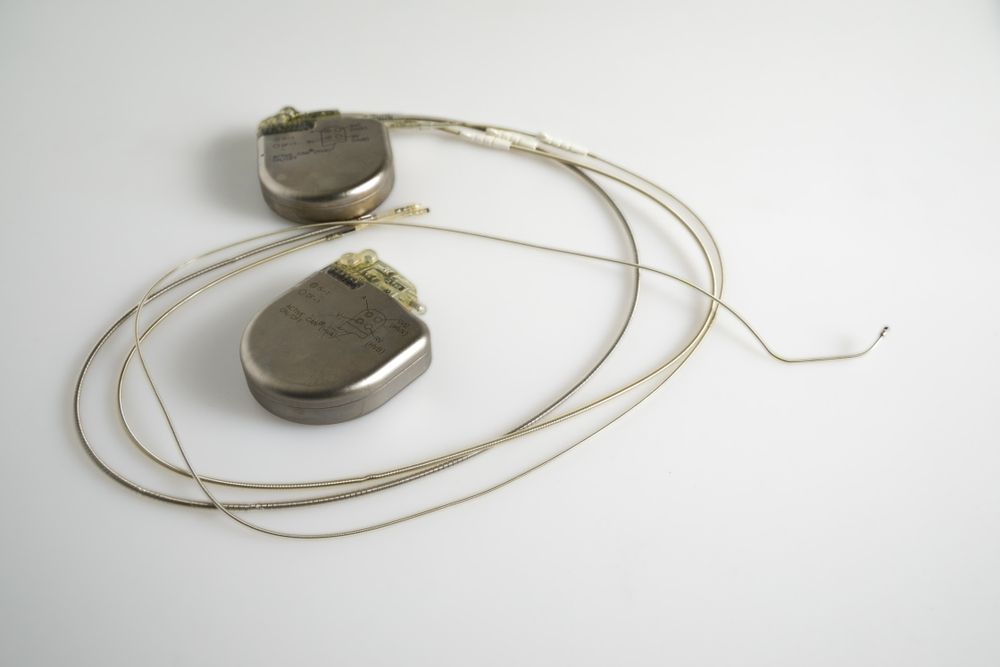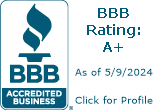Michigan Real Estate Sales Tax: Determination of Property’s Taxability
In Michigan sales and use tax law, determining whether an item of tangible personal property remains tangible personal property or becomes a fixture affixed to real estate can significantly affect the taxability of the item in question. This determination may impact whether the taxpayer is considered a retailer or a contractor. There are also several exemptions in Michigan sales and use tax law for purchases of tangible personal property that do not apply if the item is instead a fixture. The Michigan sales and use tax exemptions for both the agricultural industry and the industrial processing or manufacturing industry include such language.
Michigan case law has long held that a three-factor test is applicable in determining whether property remains tangible personal property or becomes part of the realty. As explained in Michigan Revenue Administrative Bulletin 2016-4 from Feb. 1, 2016 the Michigan Department of Treasury acknowledges that it too uses the three-factor test established by the Michigan Supreme Court in Sequist v. Fabiano in making these determinations. In order for an item of tangible personal property to lose its characteristics and be considered a fixture, the item must satisfy all three factors of the test. No single factor alone is determinative.
Michigan Real Estate Sales Tax: 3 Determining Factors
The three factors to determine whether an item is tangible personal property or a fixture attached to real estate are:
-
- Whether there is actual or constructive annexation of the item to real estate – An object will not be determined to be a fixture unless it is attached or affixed in some manner to the realty. Michigan courts acknowledge that there are “innumerable ways” that items may be attached or affixed to real estate. Actual attachment or affixation can be as slight as being bolted or anchored to the ground. Constructive attachment or affixation occurs when an item whose weight, size or character are such that the intent of placing the item was to have that item become part of the real estate even if that object is not physically attached to the real estate.
- Whether the item is an adaptation to the real estate – An object meets this criterion if the item modifies or adapts the application or use of the building. Examples include: a drive up window either at a fast food restaurant or bank, dock seals or doors, or seating which is attached to the floor inside of a venue such as an arena or theater.
- Intention to make the item a permanent accession or addition to the real estate – If the intent was to make the item a permanent addition to the realty, it will meet this criterion. It is important to note that “permanence” is not the same thing as “perpetuity” in Michigan sales and use tax law. If the item is intended to remain affixed in place until the item wears out or is replaced by a newer, more suitable item then it will be considered a permanent accession or addition. Envision replacing any of the examples in criterion #2. The act of replacing the item in question does not make it a temporary addition.
Situations where the determination of whether an item is tangible personal property versus a fixture impacts taxability in Michigan:
Retailer vs Contractor
Retailers sell tangible personal property, while contractors install fixtures affixed to realty. If acting as a retailer, the taxpayer may distribute a resale certificate to its suppliers and pay no taxes on the purchase of goods acquired for resale. The retailer must then collect tax on its sales of those goods. If acting as a contractor, Michigan sales or use tax is due on the materials consumed in the project. A contractor should either pay sales tax to its suppliers or self-assess and report use tax on its Michigan sales and use tax compliance returns. A contractor should not collect sales tax from its customers.
Agricultural Industry – Nontaxable Tangible Personal Property vs a Taxable Fixture
Tangible personal property permanently affixed and becoming a structural part of real estate is not eligible for the agricultural producing exemption under Michigan sales and use tax law. A portable grain bin which can be disassembled and moved without significant damage to its parts or a grain bin on wheels would qualify for the exemption while a grain bin that was permanent or immovable would be taxable. Portable feeding troughs, water supply systems and other such movable equipment would qualify for the agricultural producing exemption while barns, fences or subsurface water supply systems that are a structural part of the real estate would be taxable.
Manufacturing Industry – Nontaxable Tangible Personal Property vs a Taxable Fixture
Tangible personal property permanently affixed and becoming a structural part of real estate is not eligible for the industrial processing exemption under Michigan sales and use tax law. An air compressor that is portable would qualify for the exemption while one that was incorporated into the realty as a central building system would be taxable. Ductwork for a piece of equipment would be exempt tangible personal property while ductwork for the building’s heat would be taxable as a fixture. A generator used to power production equipment would qualify for the Michigan sales and use tax exemption for manufacturing while a generator providing power to the building would be taxable as a fixture.
Mixed-use tangible personal property which qualifies for the agricultural producing exemption or the industrial processing or manufacturing exemption may be apportioned to account for the percentage of use in qualifying nontaxable activities. For example, if a manufacturer purchases a transformer that is connected to industrial processing equipment as well as office or administrative equipment such as a copier, then the transformer’s cost can be apportioned for tax purposes according to the percentage of the energy which is consumed by the industrial processing equipment.
It is important to note that this three-factor test applies to determinations of Michigan sales and use tax and should not be used for making ad valorem property tax determinations.
Determine your Michigan Real Estate Sales Tax with Agile Consulting Group
As with all sales and use tax research, the specific circumstances of each case need to be considered. Additional advice from Agile Consulting Group’s sales tax consultants can be found on our page summarizing Michigan sales and use tax exemptions. If you have questions, comments or would like to discuss the specific circumstances you are encountering regarding this issue or any other sales and use tax issue, please contact our sales tax consultants at (888) 350-4TAX (4829) or via email at info@salesandusetax.com.
The post Michigan Real Estate Sales Tax: Determination of Property’s Taxability appeared first on Agile Consulting Group.











